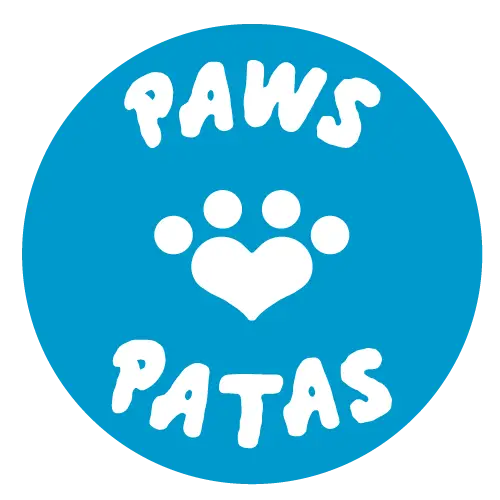Harassment and bullying policy
1. Policy statement
PAWS-PATAS is committed to providing a safe, respectful, and inclusive environment for all volunteers, staff, Executive Committee members, and supporters. Harassment and bullying of any kind will not be tolerated, whether it occurs in person, online, or in any setting connected to the organisation’s activities.
We believe everyone has the right to be treated with dignity and respect, regardless of their role within the charity.
2. Scope
This policy applies to:
Executive Committee members
Volunteers and staff
Contractors and external collaborators
Visitors and members of the public interacting with PAWS-PATAS
It applies to all environments connected with PAWS-PATAS, including:
In-person activities (e.g. shelters, events, meetings)
Online platforms (e.g. emails, social media, messaging apps)
Off-site and public events where members represent the organisation
3. Definitions
Harassment
Harassment is any unwanted physical, verbal, or non-verbal conduct that violates a person’s dignity or creates an intimidating, hostile, degrading, humiliating or offensive environment. It may be related to (but is not limited to):
Race or ethnic background
Gender or gender identity
Sexual orientation
Age
Disability or health status
Religion or belief
Marital or family status
Bullying
Bullying is repeated or persistent behaviour that is intended to intimidate, offend, degrade, or humiliate an individual or group. It can include:
Verbal abuse or derogatory remarks
Spreading rumours or malicious gossip
Deliberately undermining or isolating someone
Overloading someone with impossible tasks or setting them up to fail
Cyberbullying (including hostile posts, messages, or exclusion online)]
4. Our commitments
PAWS-PATAS will:
Take all complaints of harassment and bullying seriously
Ensure all concerns are handled promptly, fairly, and confidentially
Support individuals who raise concerns in good faith
Provide appropriate training and guidance to volunteers and committee members
Review this policy regularly to ensure it remains effective and relevant
5. Responsibilities
Executive committee members
Lead by example in demonstrating respectful, inclusive conduct
Address any inappropriate behaviour they witness or are made aware of
Handle reports with discretion and ensure they are escalated appropriately
Volunteers and staff
Treat everyone with kindness and respect
Speak up if they witness or experience bullying or harassment
Follow reporting procedures if needed
6. Reporting procedures
Anyone who experiences or witnesses harassment or bullying should:
Speak up informally if they feel safe to do so—sometimes behaviour is unintentional, and a respectful conversation can resolve the issue.
Report the issue formally by contacting:
A designated Committee Member, or
Via email at [insert dedicated contact email]
All reports will be treated sensitively and in confidence. No one will be victimised for raising a concern in good faith.
7. Investigations and outcomes
An impartial investigation will be carried out by a designated Committee member or external advisor if necessary.
Both the complainant and the person accused will be given an opportunity to present their version of events.
If the complaint is upheld, appropriate action will be taken. This may include mediation, training, formal warnings, role reassignment, or removal from PAWS-PATAS roles.
Malicious or knowingly false allegations will also be treated seriously.
8. Support and resources
PAWS-PATAS will provide access to support wherever possible. This may include:
Referral to appropriate external organisations (e.g. mental health or legal support)
Guidance from an impartial committee member
Conflict resolution or mediation where appropriate
9. Policy review
This policy will be reviewed annually by the Executive Committee or sooner if required by a change in law, a serious incident, or organisational feedback.
Last reviewed: 25 June 2025


